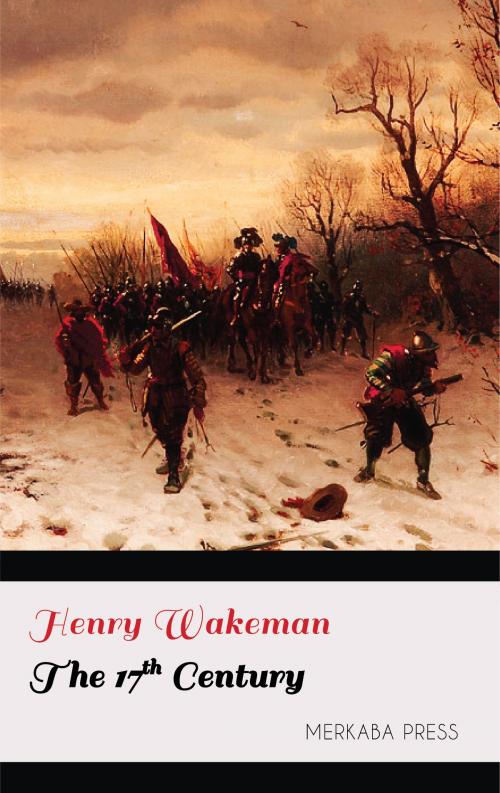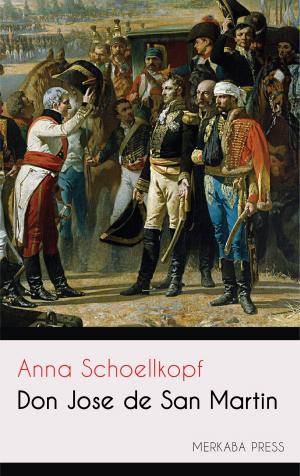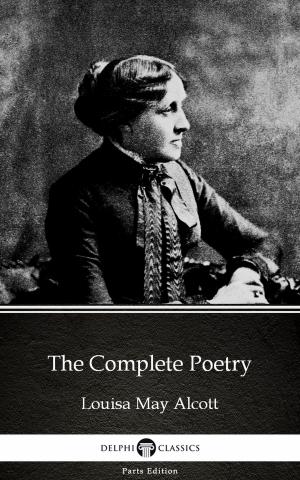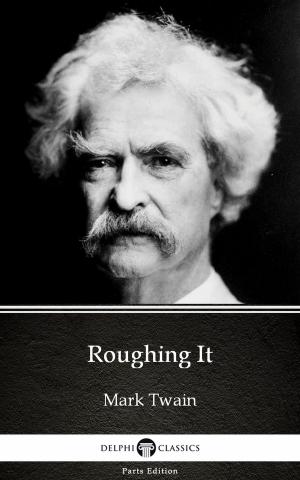| Author: | Henry Wakeman | ISBN: | 6610000018697 |
| Publisher: | PublishDrive | Publication: | July 6, 2017 |
| Imprint: | Merkaba Press | Language: | English |
| Author: | Henry Wakeman |
| ISBN: | 6610000018697 |
| Publisher: | PublishDrive |
| Publication: | July 6, 2017 |
| Imprint: | Merkaba Press |
| Language: | English |
THE seventeenth century is the period when Europe, shattered in its political and religious ideas by the Reformation, reconstructed its political system upon the principle of territorialism under the rule of absolute monarchs. It opens with Henry IV., it closes with Peter the Great. It reaches its climax in Louis XIV. and the Great Elector. It is therefore the century in which the principal European States took the form, and acquired the position in Europe, which they have held more or less up to the present time. A century, in which France takes the lead in European affairs, and enters on a course of embittered rivalry with Germany, in which England assumes a position of first importance in the affairs of Europe, in which the Emperor, ousted from all effective control over German politics, finds the true centre of his power on the Danube, in which Prussia becomes the dominant state in north Germany, in which Russia begins to drive in the Turkish outposts on the Pruth and the Euxine – a century, in short, which saw the birth of the Franco-German Question and of the Eastern Question – cannot be said to be deficient in modern interest. The map of Europe at the close of the seventeenth shows the same great divisions as it does at the close of the nineteenth century, with the notable exception of Italy. Prussia and Russia have grown bigger, France and Turkey have grown smaller, the Empire has become definitely Austrian, but in all its main divisions the political map of Europe is practically unchanged. The states which were formed in the general reconstruction of Europe after the religious wars of the sixteenth century are the states of which modern Europe is now composed. Great nations are apt to change their forms of internal government much more often than they do their political boundaries and influence; but it is a remarkable thing that, with the great exception of France, the principal European states possess at the present time not only a similar political position, but a similar form of government to that which they possessed at the close of the seventeenth century. In spite of the wave of revolutionary principles, which flowed out from France over Europe at the end of the eighteenth century, the principal states of Europe at the present time are in all essentials absolute monarchies, and these monarchies are as absolute now as they were then, with the two exceptions of Italy, which did not then exist, and France, which is now a Republic, but has been everything in turn and nothing long. The formation of the modern European states' system is therefore the main element of continuous interest and importance in the history of the seventeenth century, that is to say, the acquisition by the chief European states of the boundaries, which they have since substantially retained, the adoption by them of the form of government to which they have since adhered, and the assumption by them, relatively to the other states, of a position and influence in the affairs of Europe which they have since enjoyed. The sixteenth century saw the final dismemberment of medieval Europe, the seventeenth saw its reconstruction in the modern form in which we know it now.
THE seventeenth century is the period when Europe, shattered in its political and religious ideas by the Reformation, reconstructed its political system upon the principle of territorialism under the rule of absolute monarchs. It opens with Henry IV., it closes with Peter the Great. It reaches its climax in Louis XIV. and the Great Elector. It is therefore the century in which the principal European States took the form, and acquired the position in Europe, which they have held more or less up to the present time. A century, in which France takes the lead in European affairs, and enters on a course of embittered rivalry with Germany, in which England assumes a position of first importance in the affairs of Europe, in which the Emperor, ousted from all effective control over German politics, finds the true centre of his power on the Danube, in which Prussia becomes the dominant state in north Germany, in which Russia begins to drive in the Turkish outposts on the Pruth and the Euxine – a century, in short, which saw the birth of the Franco-German Question and of the Eastern Question – cannot be said to be deficient in modern interest. The map of Europe at the close of the seventeenth shows the same great divisions as it does at the close of the nineteenth century, with the notable exception of Italy. Prussia and Russia have grown bigger, France and Turkey have grown smaller, the Empire has become definitely Austrian, but in all its main divisions the political map of Europe is practically unchanged. The states which were formed in the general reconstruction of Europe after the religious wars of the sixteenth century are the states of which modern Europe is now composed. Great nations are apt to change their forms of internal government much more often than they do their political boundaries and influence; but it is a remarkable thing that, with the great exception of France, the principal European states possess at the present time not only a similar political position, but a similar form of government to that which they possessed at the close of the seventeenth century. In spite of the wave of revolutionary principles, which flowed out from France over Europe at the end of the eighteenth century, the principal states of Europe at the present time are in all essentials absolute monarchies, and these monarchies are as absolute now as they were then, with the two exceptions of Italy, which did not then exist, and France, which is now a Republic, but has been everything in turn and nothing long. The formation of the modern European states' system is therefore the main element of continuous interest and importance in the history of the seventeenth century, that is to say, the acquisition by the chief European states of the boundaries, which they have since substantially retained, the adoption by them of the form of government to which they have since adhered, and the assumption by them, relatively to the other states, of a position and influence in the affairs of Europe which they have since enjoyed. The sixteenth century saw the final dismemberment of medieval Europe, the seventeenth saw its reconstruction in the modern form in which we know it now.















